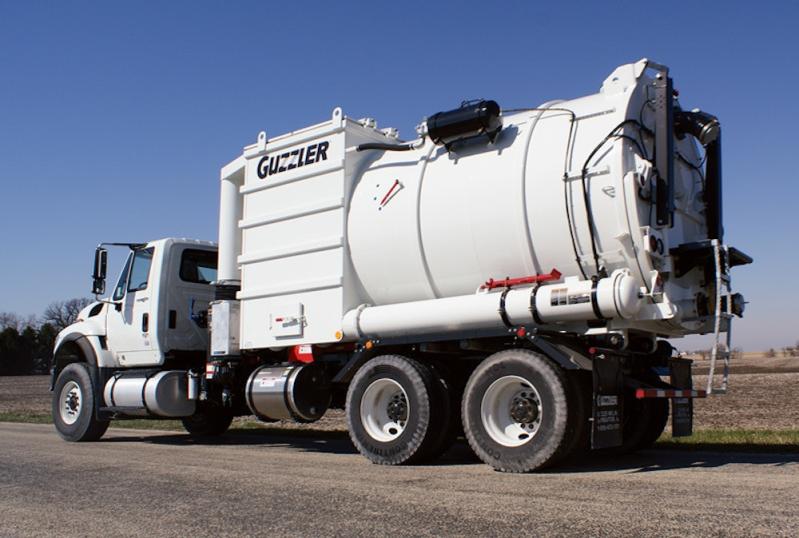Hydrovac Trucks vs. Dry Vacuum Trucks For Excavation Projects
Hydrovac trucks win hands down.
Posted 12:25 June 05, 2024
Last Updated 12:25 June 05, 2024

Hydrovac trucks and dry vac trucks are both essential pieces of equipment in various industries, particularly in construction, utilities, and environmental services. They are used for excavation and material removal, but they operate using different methods and are suited for different types of tasks. Understanding the differences between these two types of vacuum trucks can help in selecting the right equipment for specific projects.
Hydrovac trucks utilize high-pressure water to break up soil and other materials, which are then vacuumed into a debris tank. This method, known as hydro excavation, is precise and non-destructive, making it ideal for tasks that require careful excavation around existing utilities or other sensitive structures. The water softens the soil, reducing the risk of damaging underground pipes, cables, or tree roots. This precision is particularly valuable in urban environments where underground infrastructure is dense and the margin for error is small. Additionally, hydrovac trucks can operate effectively in various soil conditions, including clay and frozen ground, which can be difficult for traditional excavation methods.
Dry vac trucks, on the other hand, use powerful suction to remove dry materials such as dust, gravel, sand, and other loose debris. They do not employ water, making them suitable for environments where the addition of water could be problematic, such as in certain industrial cleanups or when dealing with materials that are reactive with water. Dry vac trucks are often used in applications like cleaning out catch basins, storm drains, and industrial spills. They can handle a wide range of dry materials, including hazardous waste, which makes them versatile for industrial and environmental cleanup projects.
One of the primary advantages of hydrovac trucks is their ability to excavate with minimal impact on the surrounding area. The use of water allows for precise and controlled excavation, which is crucial when working around underground utilities. This minimizes the risk of costly damages and service interruptions. Additionally, the slurry created by the hydrovac process can be more manageable in terms of disposal, as it can be transported and disposed of more efficiently in many cases.
Conversely, dry vac trucks offer benefits in situations where water cannot be used or where dry materials need to be collected without creating additional slurry. They are particularly effective in environments that require the removal of large volumes of dry debris. Furthermore, dry vac trucks can often operate more quickly in these scenarios, as they do not require the setup and management of water supply and slurry disposal systems. This can lead to increased efficiency and cost savings on certain projects.
The choice between hydrovac and dry vac trucks ultimately depends on the specific requirements of the project. Hydrovac trucks are favored for their precision and versatility in diverse soil conditions, especially in urban and utility settings. Dry vac trucks are preferred for tasks involving dry materials and environments where water use is impractical or undesirable. Both types of trucks play critical roles in maintaining infrastructure, ensuring environmental safety, and enhancing operational efficiency in their respective applications. Selecting the right type of vacuum truck involves careful consideration of the project’s needs, the nature of the materials to be removed, and the surrounding environment.
Contact Hole Hogz today to discuss your upcoming excavation project. We service Las Vegas, Henderson, Boulder City, and most parts of Clark County. We handle commercial, municipal, and residential customers.
